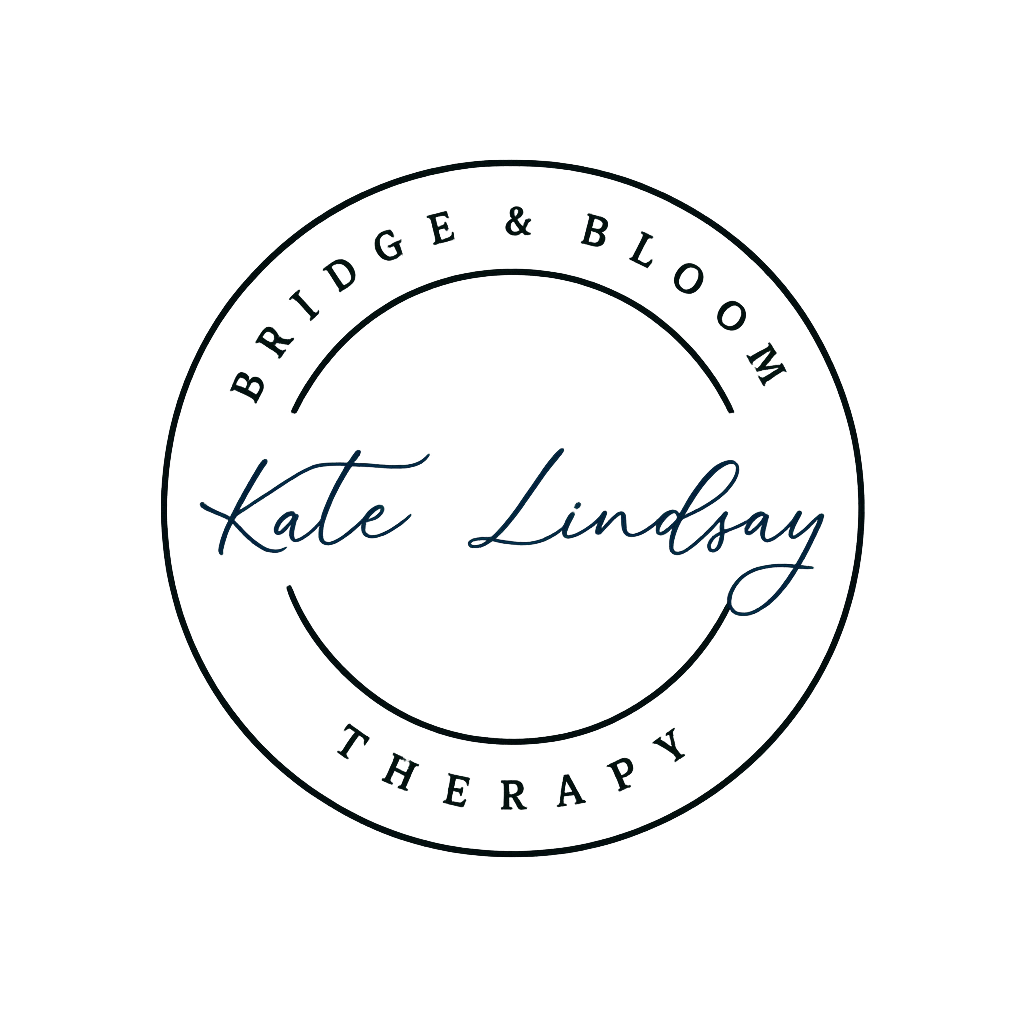Understanding Undiagnosed ADHD in Women: Finding Clarity Through Connection
Recognizing Undiagnosed ADHD in Women: A Relational Perspective
Attention-Deficit/Hyperactivity Disorder (ADHD) often goes unrecognised in women, whose symptoms can look different from the “textbook” hyperactivity commonly described in men. Undiagnosed ADHD can lead to chronic self-doubt, overwhelm, and relational strain—yet therapy can offer clarity, validation, and new strategies for connection.
Why ADHD in Women Is Frequently Missed
Subtle Presentations
• Inattentive Type (daydreaming, difficulty sustaining focus) often looks like “shyness” or “laziness.”
• Masking: Women may develop perfectionistic coping strategies—overpreparing, over-organizing—to hide their struggles.Relational Pressures
• Societal expectations for women to be organised, nurturing, and attentive can intensify feelings of failure when ADHD makes tasks feel impossible.
• Chronic guilt (“I should be able to do this”) and shame build when internal experiences don’t match external roles.Co-occurring Issues
• Anxiety, depression, or low self-esteem frequently accompany undiagnosed ADHD, further obscuring the underlying attentional differences.
Common Signs of Undiagnosed ADHD in Women
“Brain Fog” & Forgetfulness
Losing track of conversations, appointments, or daily tasks despite good intentions.Emotional Dysregulation
Intense overwhelm, quick mood shifts, or “meltdowns” when under pressure.Chronic Procrastination & Overwhelm
Starting many projects but rarely finishing, or avoiding tasks that feel too daunting.Hyperfocus in Passions
Becoming deeply absorbed in activities you love—then losing hours and neglecting other responsibilities.Relationship Strain
Partners or friends describe you as “absent” or “unreliable,” even though you deeply care.
A Relational Therapy Approach
Rather than viewing ADHD traits as “flaws,” therapy can transform them into sources of self-understanding and new relational patterns:
Validation & Witnessing
In our sessions, your experience of overwhelm and masking is met with genuine attunement—helping your nervous system relax.Mapping Patterns
We’ll collaboratively track your attention, energy, and emotional cycles to surface triggers and strengths (like creativity, resilience).Co-Creating Strategies
Building on what already works for you—structured check-ins, visual reminders, small achievable goals—to support focus and reduce shame.Reparative Relationship
Experiencing consistent empathy and acceptance in therapy can soften internalized self-criticism and foster self-compassion.
Practical Suggestions Between Sessions
Gentle External Reminders
Use visual cues (sticky notes, phone alerts) in places you’ll see them—avoid relying on memory alone.“Two-Minute Rule”
If a task takes two minutes or less, do it immediately. Breaking larger tasks into micro-steps can reduce overwhelm.Scheduled “Attention Breaks”
Short, timed breaks every 25–30 minutes can help reset focus and prevent burnout.
When to Consider a Formal Assessment
If you recognise these patterns and they significantly impact your daily life or relationships, a formal ADHD assessment (via a qualified clinician or psychiatrist) can provide clarity, access to accommodations, and potential medication support.
Take the Next Step
Bridge & Bloom Therapy offers a free 15-minute consultation to explore how a relational therapeutic approach can help you understand your brain, reduce overwhelm, and build sustainable strategies.
👉 Book Your Free Call
🌐 Online therapy across the UK | Compassionate & Insightful
Undiagnosed ADHD can feel like a hidden weight—through connection and understanding, you can learn to carry it with curiosity and self-compassion.

